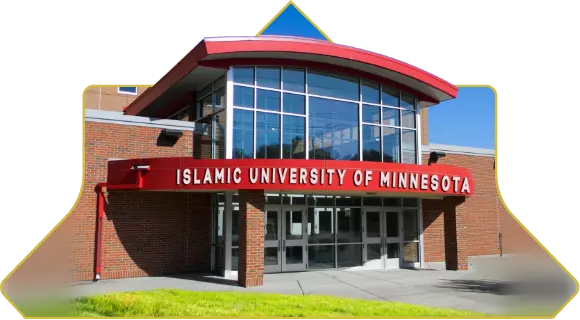Political Studies Unit
The Political Studies Unit of the Academic Studies Center aims to achieve several objectives, including:
- Political, intellectual, and strategic qualification of youth and researchers.
- Organizing scientific and academic courses for students and researchers interested in delving into political studies.
- Granting specialized scientific diplomas in political affairs.
- Studying regional, international, and global situations and participating in proposing solutions whenever possible.
- Training specialized researchers in political science and its various scientific and methodological specializations.
- Developing academic research in the field of political science.
- Enhancing scientific and research competence to promote academic work for students and researchers through continuous development of training programs in line with future needs and developments.
- Developing training plans based on scientific and methodological principles that meet the required needs of the job market.
- Providing an excellent training environment by offering stimulating research plans for students and researchers.
Examples of Courses and Training Programs for the Unit
Training Courses:
Organizing a series of brief training courses on various branches of political science, offered to all university affiliates and other interested individuals. The aim is to develop the thinking of students and researchers, particularly specialists. The duration of each course ranges from 2 to 4 hours, delivered in one or two sessions. It may be concluded with a practical training component (depending on the nature of the course), such as:
- Completion of a brief research assignment (preparing a research paper).
- A formal assessment to evaluate the participant's benefit from the course.
Qualification Courses:
A concise self-study of the prerequisite subject is provided to students who lack prerequisites for previous courses. It is also offered to postgraduate students to ensure the submission of well-prepared research plans and distinguished research theses. It is followed by a direct examination:
- If the subject is successfully passed, the student is awarded a certificate.
- In case of failure, the student is required to study the prerequisite subject within the regular academic semesters.
Training Diplomas:
Practical (professional/executive) programs offered to all interested individuals, including university students and non-students, following the following methodology:
- Each diploma is estimated to have 30 training hours over one month.
- It is divided into 8 lectures, with 2 hours per lecture, conducted over 4 weeks, with two lectures per week, averaging 16 training hours.
- At the end, the student/researcher undergoes an evaluation measure, such as an exam or research, accounting for an average of 14 training hours.
- Each training member prepares specialized courses and diplomas, develops the scientific material thoroughly, and then submits them to the center for final approval.
Training Programs Outputs
- Ability to analyze political, economic, and strategic aspects.
- Understanding strategic planning attempts.
- Developing a comprehensive understanding of general political thought and Islamic political thought.
- Diplomatic and consular qualification.
- Knowledge of the dimensions of international relations.
- Understanding the nature of political crises.
- Understanding the reality of international and regional organizations.
- Establishing advanced research foundations to prepare an outstanding political researcher.
- Qualification for writing research plans and dealing with seminars.
- Familiarity with scientific research methodologies and techniques from a political perspective.
Proposed Courses and Diplomas for the Unit
The most important proposed scientific courses and diplomas for the Political Studies Unit are as follows:
| NO. | Courrse Name |
|---|---|
| 1 | Introduction to General and Islamic Political Science |
| 2 | Introduction to Islamic and Political Economy |
| 3 | Introduction to Diplomatic and Consular Protocols |
| 4 | Introduction to International Relations, Agreements, and Treaties |
| 5 | Introduction to International and Regional Organizations |
| 6 | Introduction to Public International Law and International Humanitarian Law |
| 7 | Introduction to Political and Economic Systems |



